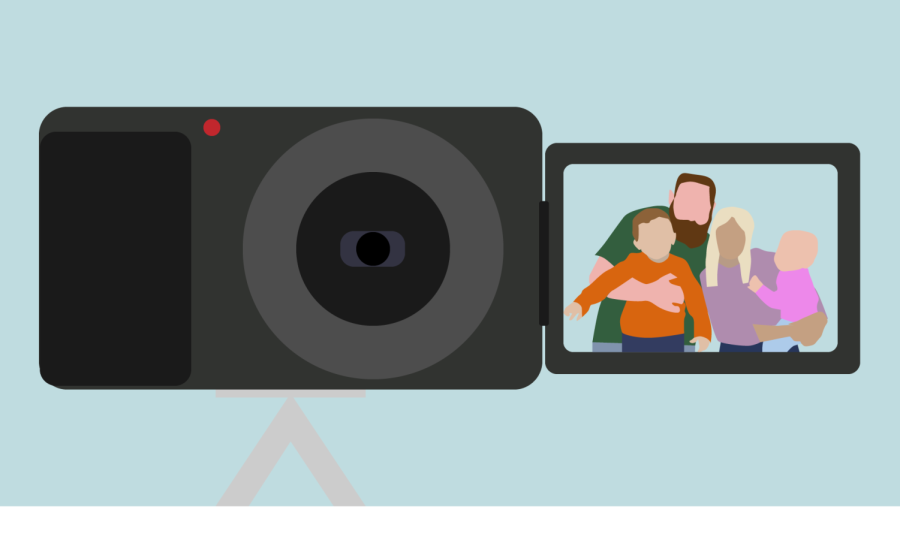by Scarlett Downes
Since it was created back in 2005, YouTube has been a consistently solid online platform for people all over the world to share videos and create content. While there is a glowing list of positives seeing that it is a great way to share talent, positivity, creativity, and knowledge, there is also a darker side to this platform that may be mistaken for innocent fun. That darkness happens to reside in the realm of family YouTube vloggers/creators.
For years, people have questioned the ethics of YouTube families; however, the semi-recent events involving former volgging family, The 8 Passengers, has shined a new and much needed light on this issue.
For years, families have been creating channels and posting weekly, or even daily, YouTube videos for the world to see. Some well known family channels to name a few are The ACE Family, The LaBrant Fam, and of course, The 8 Passengers. Essentially, the videos capture the daily lives of these families – the good, the bad, and the ugly. It’s hard to say why exactly these types of videos grasp such a strong hold on their main audience- kids. Maybe it’s because they simply find the content entertaining, or perhaps it’s because it’s an easy way for kids to escape reality, and put themselves in the shoes of their vlogger family member counterparts. As a result of the vulnerability and welcomeness that is displayed by the families in their videos, many viewers start to feel as though they are part of the family and develop distorted one way relationships with the families. Not only is this level of vulnerability and transparency with the public damaging for the young audience, but more importantly it’s a concern for the stars of the show: the children in these vlogging families.
The decision to start vlogging and uploading videos to YouTube is always made by the parents. Oftentimes, their children start out on these channels at a very young age. They dont have a choice, they never did. It’s not uncommon for vloggers to start their children off on YouTube right at birth, as a popular vlog topic for these families often revolves around the birth of their children and their ‘journey’ in navigating parenthood. Even if the children aren’t started off right from birth, they still have nowhere near a fully developed and matured brain. Many kids get excited by the idea of getting to star in videos and having ‘fans’, and therefore see doing YouTube as a no brainer. That’s because they don’t understand that it’s not all fun and glamorous. They don’t consider the implications of having their life be so public.
What happens in 10 years when these kids aren’t kids anymore? When they notice that random strangers they encounter seem to know oddly specific things about their upbringing and background, will they wish that they had never done YouTube in the first place? Or rather, will they resent their parents for throwing them into the industry before they even understood what it meant for their future? The deep implications that these questions raise make family vlogging hardly seem worth it. When deciding whether or not to pursue this unique career, one must ask oneself if the risk of developing dysfunctional family relationships is worth it.






Be First to Comment